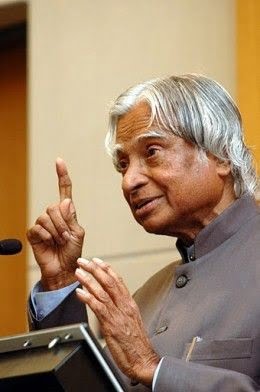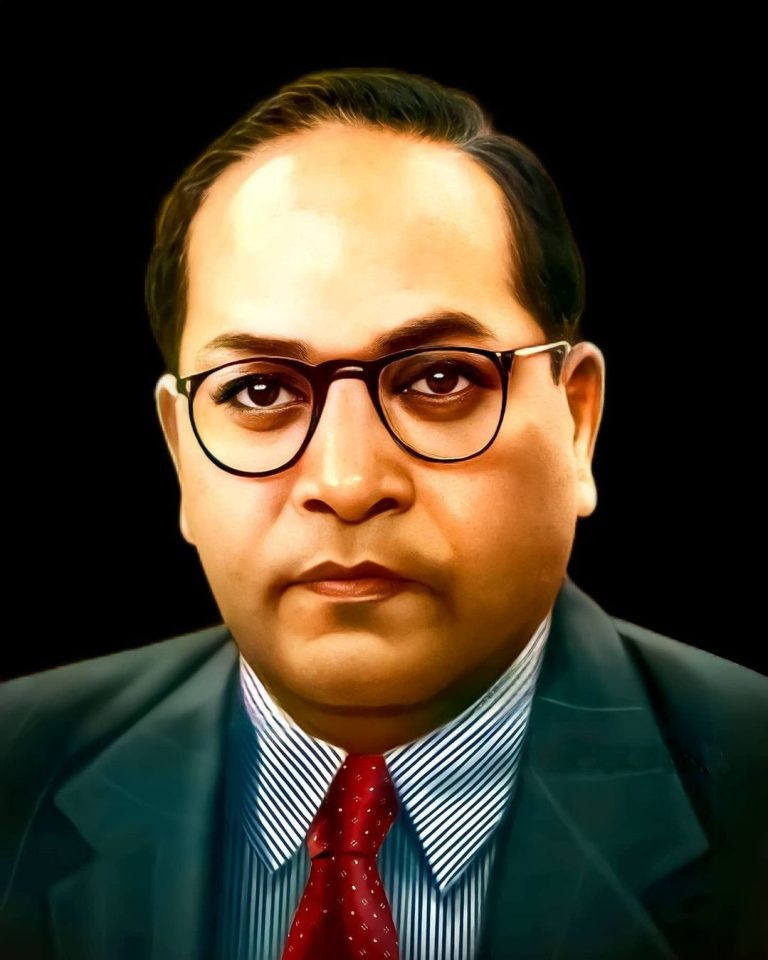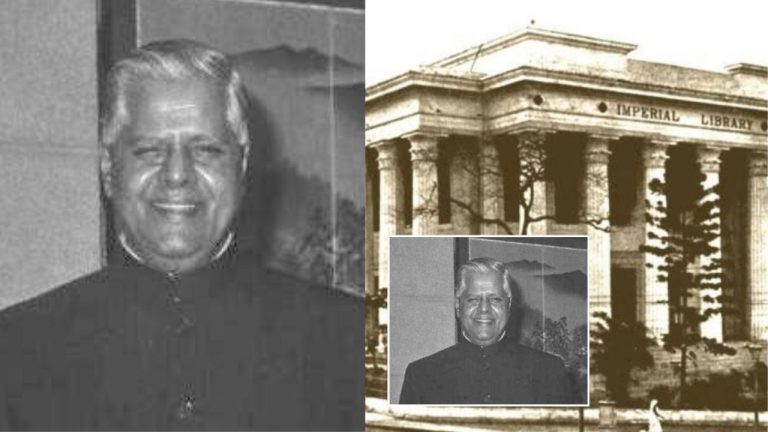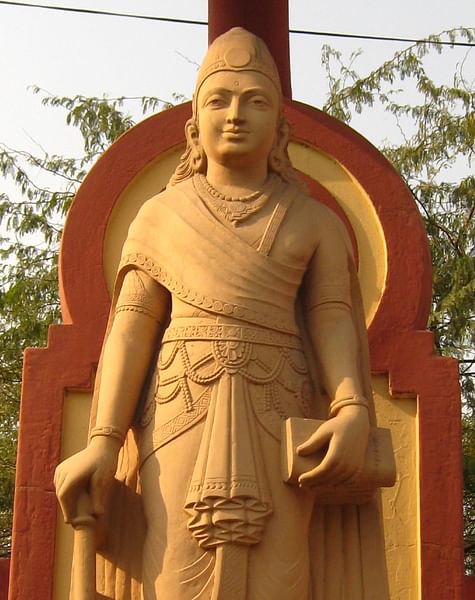APJ Abdul Kalam
APJ Abdul Kalam
APJ Abdul Kalam, also known as Dr. A.P.J. Abdul Kalam, was an Indian scientist and politician who served as the 11th President of India from 2002 to 2007. He was born in Rameswaram, Tamil Nadu, India in 1931 and passed away in 2015. He was known for his work in the field of aerospace engineering and his role in India’s civilian space program and military missile development, but also for his work as a science administrator, author, and educationist.
APJ Abdul Kalam began his career as a scientist at the Defence Research and Development Organisation (DRDO) and the Indian Space Research Organisation (ISRO). He made significant contributions to the development of India’s first satellite launch vehicle, the Rohini, and played a key role in India’s civilian space program and military missile development. He also served as the project director of India’s first indigenous Satellite Launch Vehicle (SLV-III) which successfully deployed Rohini satellite in the near earth orbit in July 1980.
APJ Abdul Kalaml Kalam was also known for his work as a science administrator, author, and educationist. He served as the Principal Scientific Advisor to the Government of India from 1992 to 1999 and was responsible for the development of India’s civilian space program and military missile development. He also wrote several books, including India 2020: A Vision for the New Millennium, in which he outlined his vision for India’s development in the 21st century.
APJ Abdul Kalam was also an advocate for education and was actively involved in encouraging students to pursue careers in science and technology. He was also known for his strong commitment to the promotion of education and was honored with several awards and honors, including the Bharat Ratna, India’s highest civilian award, in 1997.
APJ Abdul Kalam is widely regarded as one of India’s most influential leaders and his legacy continues to inspire many people in India and around the world. He is fondly remembered as the “People’s President” and “Missile Man of India” and his birthday is celebrated as “World Students Day” by the United Nations.
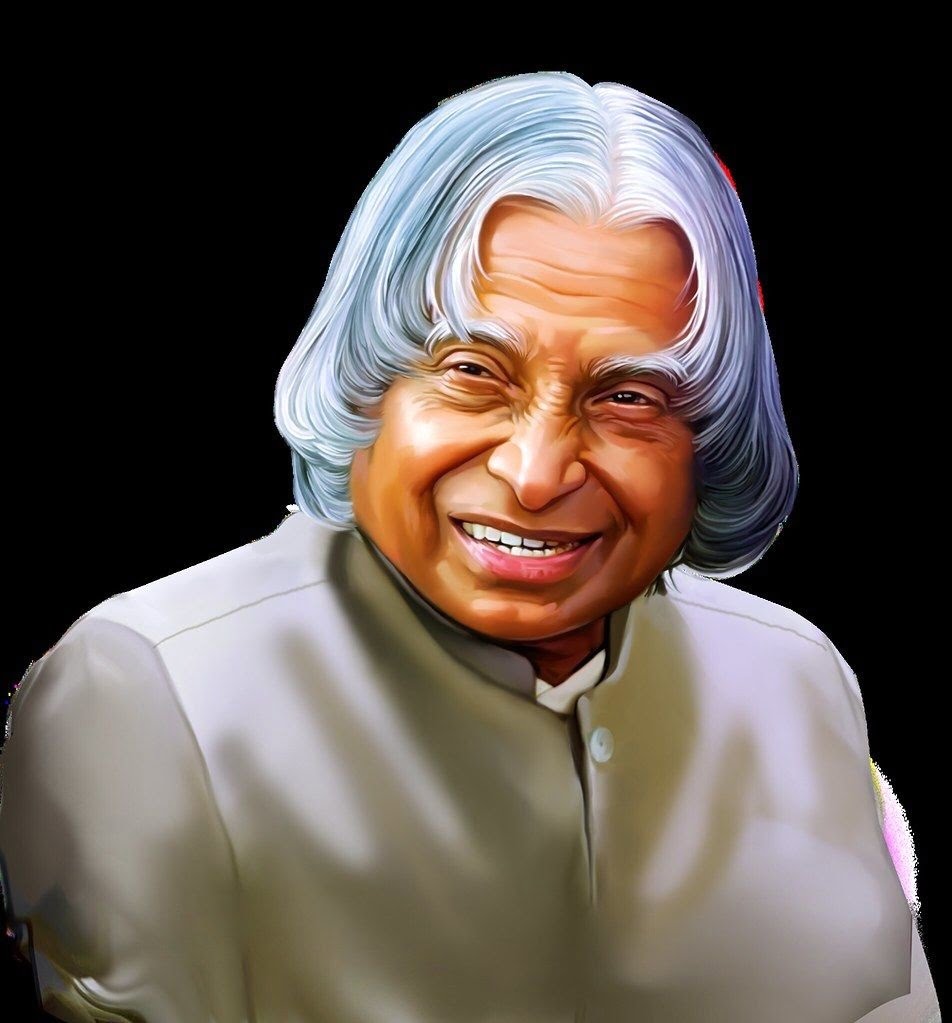
The Legacy of Dr. A.P.J. Abdul Kalam
Dr. A.P.J. Abdul Kalam, also known as the “Missile Man of India,” was an Indian scientist and engineer who made significant contributions to India’s civilian space program and military missile development. He was born in Rameswaram, Tamil Nadu, India in 1931 and passed away in 2015.
Dr. APJ Anbdul Kalam began his career as a scientist at the Defence Research and Development Organisation (DRDO) and the Indian Space Research Organisation (ISRO). He played a key role in the development of India’s first satellite launch vehicle, the Rohini, and was the project director of India’s first indigenous Satellite Launch Vehicle (SLV-III) which successfully deployed Rohini satellite in the near earth orbit in July 1980.
Dr. APJ Anbdul Kalam’s contributions to India’s missile development program began in the 1970s, when he was appointed as the Chief Scientific Adviser to the Defence Minister. He led the development of the Prithvi missile, India’s first indigenously developed surface-to-surface missile. The success of the Prithvi missile led to the development of the Agni and Akash missile systems. These missile systems not only enhanced India’s military capabilities but also made India self-reliant in the field of missile technology.
Dr. APJ Anbdul Kalam’s contributions to India’s missile development program were recognized by the Government of India, which honored him with several awards, including the Padma Bhushan in 1981 and the Padma Vibhushan in 1990. He was also awarded the Bharat Ratna, India’s highest civilian award, in 1997 for his contributions to the field of science and technology.
Dr. APJ Anbdul Kalam’s contributions to India’s missile development program have had a lasting impact on the country’s national security and have helped to establish India as a major player in the field of missile technology. He is widely regarded as one of India’s most accomplished scientists and engineers and his legacy continues to inspire future generations of scientists and engineers in India.
Related Queries
What was Abdul Kalam famous for?
Dr. A.P.J. Abdul Kalam, also known as APJ Abdul Kalam, was an Indian scientist, engineer, and politician who was widely regarded as one of India’s most influential leaders. He is famous for his contributions to India’s civilian space program and military missile development, as well as his work as a science administrator, author, and educationist.
As a scientist and engineer, Dr. Kalam made significant contributions to India’s civilian space program and military missile development. He played a key role in the development of India’s first satellite launch vehicle, the Rohini, and was the project director of India’s first indigenous Satellite Launch Vehicle (SLV-III) which successfully deployed Rohini satellite in the near earth orbit in July 1980. He is also known for his work in the development of India’s missile systems such as Prithvi, Agni, and Akash which enhanced India’s military capabilities and made India self-reliant in the field of missile technology.
Dr. APJ Anbdul . Kalam was also a science administrator, author, and educationist. He served as the Principal Scientific Adviser to the Government of India from 1992 to 1999, and was responsible for the development of India’s civilian space program and military missile development. He also wrote several books, including India 2020: A Vision for the New Millennium, in which he outlined his vision for India’s development in the 21st century. He was also an advocate for education and was actively involved in encouraging students to pursue careers in science and technology.
Dr. APJ Anbdul Kalam’s contributions and legacy were recognized by the Government of India and the world, and he was honored with several awards and honors, including the Bharat Ratna, India’s highest civilian award, in 1997, Padma Bhushan in 1981, and Padma Vibhushan in 1990. His birthday is celebrated as “World Students Day” by the United Nations. He is remembered as the “People’s President” and “Missile Man of India” and his contributions to India’s scientific and technological development continue to be celebrated.
India’s 11th President
Dr. A.P.J. Abdul Kalam, also known as APJ Abdul Kalam, was India’s 11th President. He served as the President of India from 2002 to 2007. During his tenure as President, he was known for his simplicity, humility, and his efforts to reach out to the common people. He also focused on issues such as education, technology and national development.
Dr. APJ Anbdul was the first scientist and the first bachelor President of India. He was also the first person from the southern state of Tamil Nadu to hold the office. His Presidency is remembered for his people-centric approach, which included regular interactions with the public, particularly with children, students, and teachers. He was known for his speeches and interactions, where he encouraged the youth of India to be the best versions of themselves and to dream big for their country.
Dr. APJ Anbdul also played an active role in promoting India’s scientific and technological development and was a strong advocate for education. He also played an active role in promoting peace and harmony among different communities and religions in the country.
Dr. Kalam’s Presidency is widely considered as one of the most successful and popular Presidencies in India’s history. His legacy continues to inspire many people in India and around the world.
